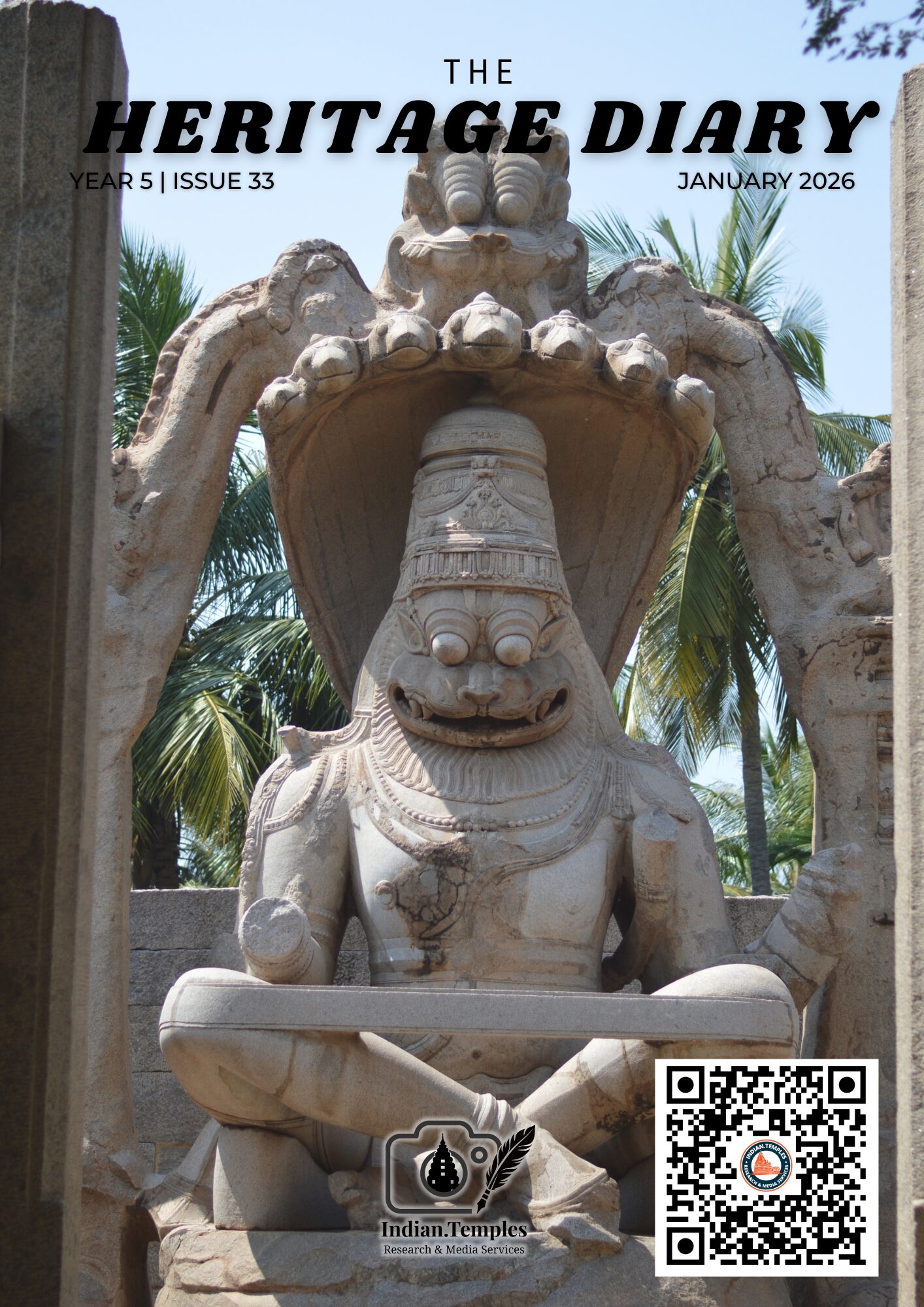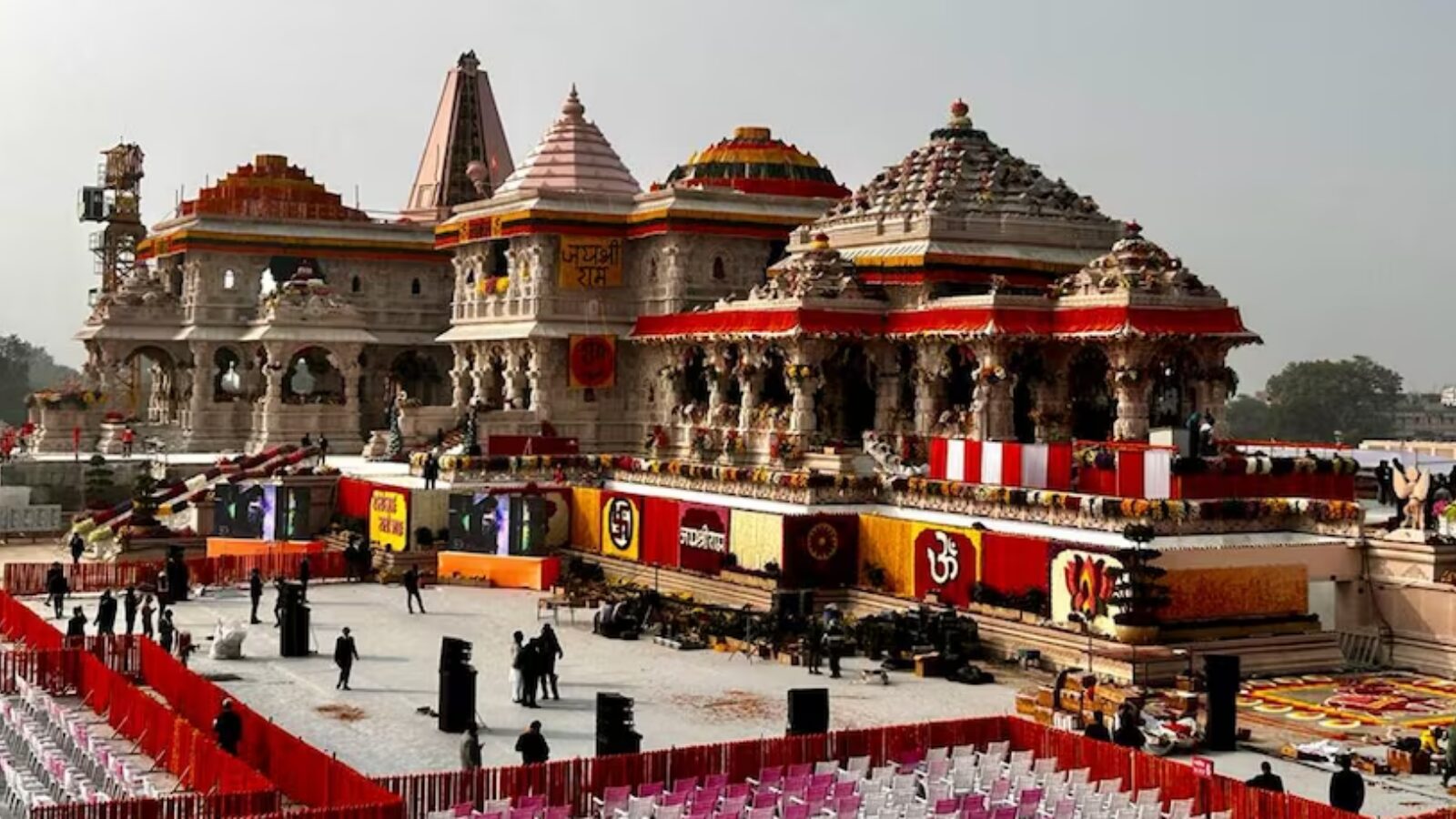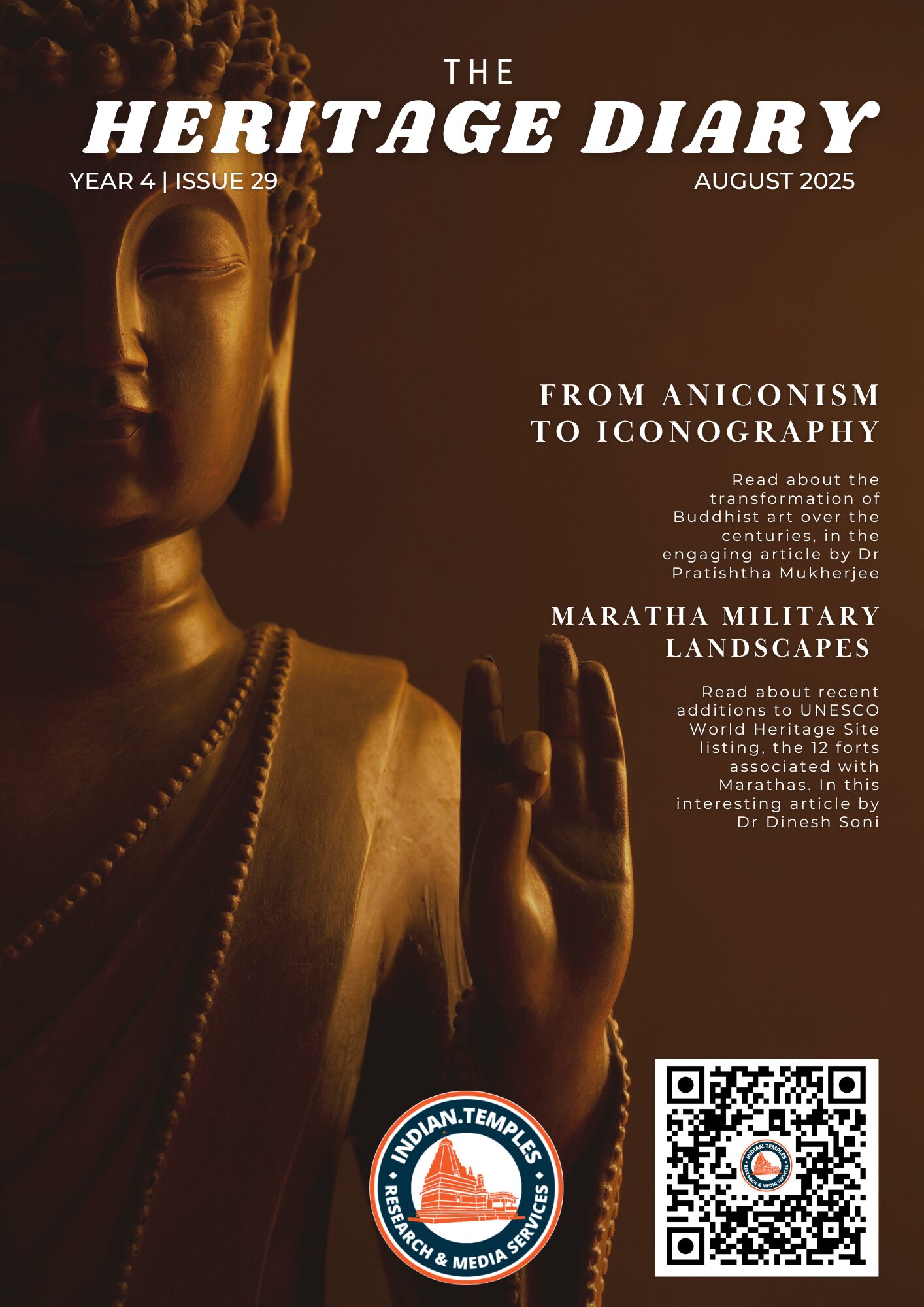Recently, I was invited at an educational institute to talk about “Innovation”. The word we very commonly use in our daily lives, as well as in corporate and social angle. But I hadn’t thought much in detail on it unless I was asked to talk on it. And when I finally started to think, I realised many different aspects of the term innovation.

When Ram and Vanar Sena were traveling from one place to other; in the pursuit of Sita; they reached a small piece of land that merged with the sea. There was no piece of land to move further from there. Everywhere they saw, they could only see the vast sea. They were pondering over how the sea could be crossed. The only two options known to human back then were, swimming across the ocean or crossing in small boats. But there was one soul who had another idea in mind. Nala and Nila, the twin sons of Vishwakarma, suggested that a bridge can be built by throwing large boulders in the sea. They noticed some small pieces of land in the sea. And they suggested we should connect these to each other using the porous stones. Ram approved of the idea, and the Ram Setu was built. This innovation facilitated Ram’s quest to find his abducted wife Sita.
An innovation is successful implementation of a new product, thereby creating value for the stakeholders. If the idea is not implemented successfully, or of it isn’t creating value for the stakeholders, it can’t be termed as innovation.
There is a folk lore told in parts of Telangana. The story is about magical conches.
A sage with pure soul was on a pilgrimage tour. He met a Yaksha on the way. The Yaksha was very tired and needed help in reaching a nearby village. The sage carried him on shoulders and dropped him at this destination. Getting happy with his help, the Yaksha gave the sage a magical conch. The bearer had to wish for a food item, and the conch will fulfil the wish. The sage would ask for various items, for himself and to feed others too. The conch would fulfil it.
One day, the sage met a merchant on the road. The sage offered food to the merchant. The merchant noticed how the sage could get what he wants; with the help of the magical conch. The merchant hatched a plan and he stole the conch and left the place in night, while the sage was resting. In morning, the sage realised the conch was gone. Disheartened, he continued his pilgrimage.
A little farther, he met another Yaksha. This Yaksha needed help with water. The sage offered him water and some food. The Yaksha was happy and asked the sage to ask for something. The sage refused to ask, saying that he is incapable of taking care of things. He narrated the incident to the Yaksha. The Yaksha gave him another conch and said “Take this to the merchant. He may not have gone too far ahead. Take this conch to him and ask for anything. The conch will do the rest and will get you back your earlier conch.”
The sage took this conch and started walking faster than earlier. After walking a few km, he came across a restaurant where many people had lined up. When he asked, one of the persons in queue said this man can provide any food item within minutes. And the food is just too tasty. The sage took no time in realising who the man is. He went inside the kitchen and saw the same merchant getting food with the help of the magical conch. The merchant offered some food to sage, but the sage said “I don’t need the food. I have another more powerful conch with me now.” The merchant asked to show the conch. The sage took out conch from his bag and said “Oh magical conch, give me a bag full of gold coins.” The conch replied “Why only one? Tomorrow morning, there will be two bags of coins next to you.” The sage then said, “I want a hut to live in.” The conch said “Why just a hut, you will have a bungalow tomorrow morning.”
Seeing this magical conch, the merchant got greedy. He thought, this conch so helpful, I don’t have to sell food and earn slowly. I can just directly become the richest person alive. He said the sage “But you are mere a sage on the pilgrimage? What would you do of this money and house?” Sage said “I was also thinking of same thing. The conch that fed me was enough for me. I don’t need this conch that gives me money and bungalow.” The merchant offered to exchange the earlier conch. The sage got back his earlier conch, and he left further on his pilgrimage. The merchant asked for many things to the conch; and slept with the promise of getting all these things tomorrow morning. The next day when the merchant woke up, he saw none of the things promised by the conch. When he asked the conch, the conch said “I said tomorrow. Tomorrow you will get all the things.” And the tomorrow never came…
The main motive of telling this folklore could be different. But I noticed one thing in the story. The first conch actually delivered what it was supposed to. And thereby, it created value for the person asking for food. The second conch, that promised a lot of things, could not deliver them. In fact, it was never meant to deliver. And so, it did not create any value. When we talk in the sense of innovation, the first conch was actually an innovation, while the second one was just a creative idea. The innovation is incomplete unless it ends up creating value.
What is innovation then? Is in when you are introducing some new product or service to the world? Or is it when you change your process to create a more effective system? Or is it when you are just giving out a new thought to the world out there? Innovation is actually a mix of all these.
Shalya, Madri’s brother and the king of Madra was on his way to lend his support to Pandavas in the war. On the way, he came across a tent setup to welcome him and his army. Thinking that the tent may have been put up by Pandavas, Shalya stopped there and enjoyed the hospitality; only to be realised later that the tent was actually put up by Duryodhana. Having enjoyed his hospitality, Shalya was bound to support Duryodhana. Krishna knew that Duryodhan will make Shalya the charioteer of Karna, to take revenge of Shalya’s earlier comments on Karna being son of a Charioteer. Krishna gave Shalya a suggestion that he should praise Arjuna while driving Karna’s chariot. And as expected, this ended up in loss of concentration and self-confidence of Karna. And as a result of this loss, Karna received defeat in his combat with Arjuna.
Was this an innovation? Yes. Was some new thing introduced? No. Did the process change? No. Krishna only gave a new thought that psychology can be used to win wars. And this, in spite of not bringing a new product / service, changed the course of warfare for future. The thought of Satyagraha given by Mahatma Gandhi also feature in the same category. Isn’t it?
So, when we talk of innovation, is the innovation expected to change things drastically? Or is it a gradual thing? Is it possible that the innovation many not change anything at present, but will be useful in future? Yes, Yes and yes. The results of innovation may be drastic or gradual. The innovation may immediately bear fruit, or may take time to ripe. Nevertheless, of how big of impact is being made, and when the impact is being made, every innovation is equally imperative.

Baby Krishna, probably 3 or 4 years old, was playing around Yashoda; while she was churning butter. She gave a very small portion of butter to Krishna. And Krishna loved it. He started to have some butter, every time Yashoda would churn some. When Yashoda realised this, fearing that it would affect Krishna’s health, she stopped giving butter to Krishna. But Krishna started to take some from pot when Yashoda wouldn’t be around. Realising this, Yashoda started to hang the pot away from his reach. Now Krishna started to use a wooden stick to break the pot and eat butter. When Yashoda started to hang the pot even higher, Krishna invited his friends and built a pyramidal kind of structure with friends. And then, he would take the butter climbing on this arrangement. The overall development wasn’t drastic. But Krishna kept improving a little every day. He kept making small innovations every day, in order to get his small purpose fulfilled. That is also an innovation, no matter how small and how slow.
The innovation may be slow and gradual. Or quick and radical. The innovation may bring about a very small impact. Or it may have a large impact. No matter how small or huge the impact is, every innovation is an innovation. And we need to keep innovating, in order to survive and thrive in the competitive market. May it be the corporate life, social life or personal life…!!!






